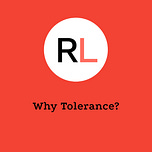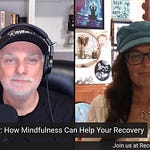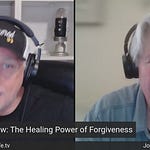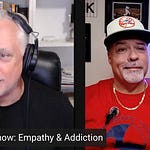Damon Frank sits down with our audience favorite, George Snyder, to dive deep into a topic that’s both talked about and misunderstood in recovery—tolerance.
Why is being tolerant such a powerful and necessary part of recovery? George shares wisdom from his work with the Old School Men's Mastermind and explains how tolerance isn't about giving in or having no boundaries—it's about suspending judgment, actively listening, and reframing your perspective.
Damon and George explore how tolerance impacts our relationships, our personal growth, and how we interpret the world around us in recovery. If you've ever struggled with being misunderstood or judging others too quickly, this episode will offer tools, mind shifts, and moments of clarity to help you move forward.
💡 Topics discussed:
How judgment blocks growth
Why tolerance doesn’t mean weakness
The surprising friendships recovery creates
Tools to slow down emotional reactions
The role of story-sharing in reshaping reality
This episode is packed with truth bombs, laughter, and real talk. It’s one of those conversations that will stick with you long after you’ve listened.














